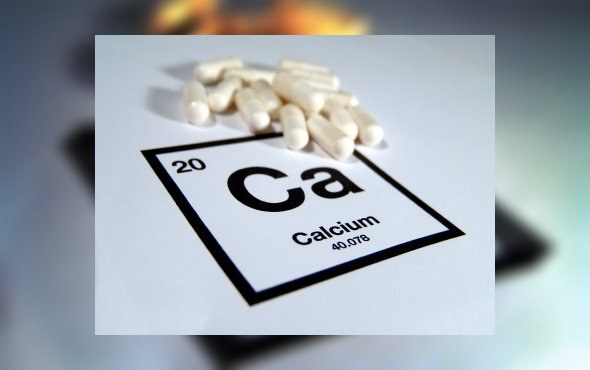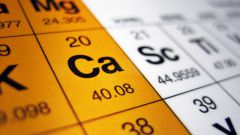Instruction
1
Regularly eat foods with a high content of this mineral substance is milk and dairy products, nuts and seeds, legumes, various types of cabbage (broccoli, cauliflower, and cabbage). A good source of calcium are also some types of fish, for example sardines and salmon. Better absorption of calcium contribute to dairy products and citrus, vitamin D, iron and magnesium.
2
At the lowered calcium level in the blood alone of foods with a high content of calcium is not enough. To get daily its normal, take also prescribed calcium supplements, for example, it can be mineral preparations, multivitamins or tablets. However, to determine the required dosage you must first do the biochemical analysis of blood. Follow this doctor's recommendations, since the excess needed by the body norm can occur the toxic poisoning of the body. To take calcium it is desirable after an hour or two after eating, squeezed them with the milk.
3
If you regularly take any medications, check with your doctor as to whether they do not come into interaction with calcium. So, for example, whenever possible, refrain from the use of antacids and laxatives. Reduce the absorption of calcium cortisone and similar drugs, and anticonvulsant medications.
4
Don't forget that some foods neutralize the effect of calcium. So, you should not drink products that contain calcium, alcoholic beverages and drink them with coffee. Also the absorption of calcium interfere with the chocolate, spinach and sorrel. You should limit the consumption of fatty meal, such as cream, fatty meat and butter, and also eat food that contains protein (for example, it can be baked goods and foods containing barley, rye or wheat) as they form insoluble calcium complexes.

